How will the state’s historic rezoning mandate affect your community?
In an effort to encourage more apartment and condo development, then-governor Charlie Baker in 2021 signed what is known as the MBTA Communities Act, the most dramatic effort in more than 50 years to address Massachusetts’ housing crisis.
The law requires 177 cities and towns in the MBTA’s service area to pass new zoning to permit multifamily housing units in dense areas, largely around transit stations. The mandate does not require the units to be built, but calls for new zoning to allow them by right.
“Multifamily housing” is defined under the law as three or more housing units.
Click on a community to see its obligation under the state mandate.
Guidelines for enforcing the law divide communities into four tiers with different levels of obligation, based, with some exceptions, on the size of the community and the level of MBTA service it enjoys.
Rapid transit community — served by the Red, Blue, Orange, Green, or Silver lines, carries the greatest obligation under the law; must open its zoning to permit a minimum number of multifamily housing units equal to 25 percent of the community’s current year-round housing stock. Deadline for rezoning is the end of 2023.
Commuter rail community — served by the MBTA commuter rail; must rezone to permit a minimum number of multifamily housing units equal to 15 percent of the current housing stock. Deadline for rezoning is the end of 2024.
Adjacent community — must rezone to permit a minimum number of multifamily housing units equal to 10 percent of the current housing stock. Deadline for rezoning is the end of 2024.
Adjacent small town — carries the lightest obligation under the law; must rezone to permit a minimum number of multifamily housing units equal to 5 percent of the current housing stock. Deadline for rezoning is the end of 2025.
Advertisement

Beyond the gilded gate
People in and around Boston are being challenged, in ways never before, to address the region's unprecedented housing crisis. The Globe Spotlight Team probed this question and found yet another crisis: One of consensus and will.
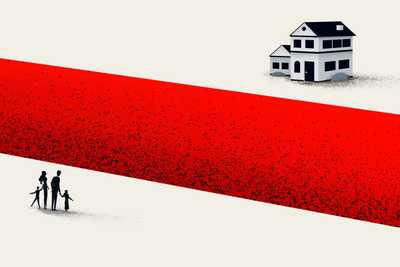
Preview: Data
Graphics: Why it’s so hard to afford housing in Boston
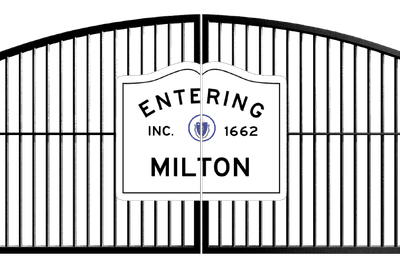
Part 1: Milton
In towns like Milton, home prices are a threat to prosperity. But they don’t have to be
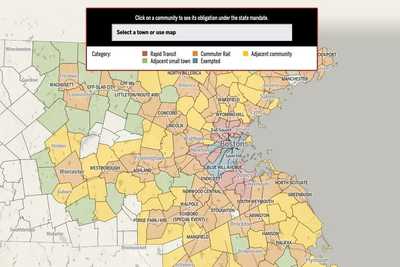
Map
How will the state’s historic rezoning mandate affect your community?
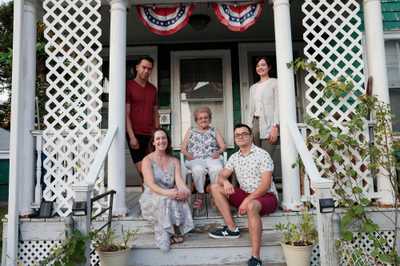
Part 2: Generations
One house, one family, and the fading dream of homeownership
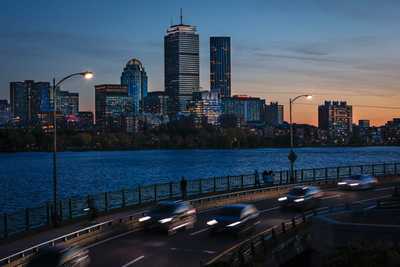
Part 3: Luxury towers
Reckoning with Boston’s towers of wealth
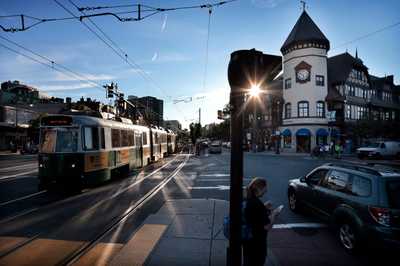
Part 4: Brookline
An identity crisis comes to Brookline

Part 5: Single-family zoning
Reimagining an American ideal
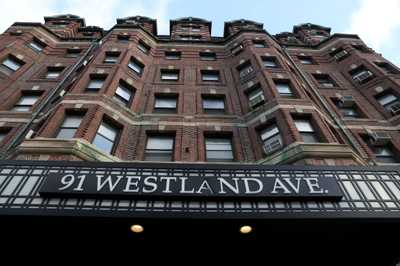
Part 6: The renters
A Boston building, scattered souls, and rent control revisited
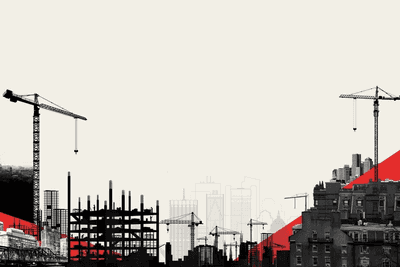
Part 7: Construction costs
The $600,000 problem. Why does it cost so much to build housing in Boston, and what can we do about it?
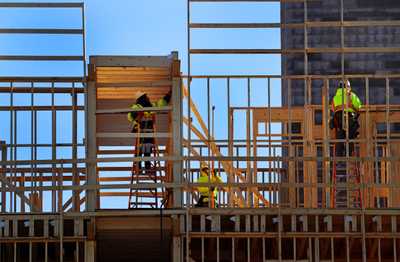
Calculator: Construction costs
Calculator: Penciling out a project
Credits
- Reporters: Mark Arsenault, Andrew Brinker, Catherine Carlock, Stephanie Ebbert, Diti Kohli and Rebecca Ostriker
- Editors: Patricia Wen, Tim Logan, Mark Morrow
- Photographers: Lane Turner, Jessica Rinaldi, Erin Clark, Craig F. Walker, Pat Greenhouse, David L. Ryan, Jonathan Wiggs
- Photo editors: Leanne Burden Seidel and Bill Greene
- Video producers: Olivia Yarvis, Randy Vazquez, and Dominic Smith
- Video director: Anush Elbakyan
- Design: Ryan Huddle
- Development, graphics, and data analysis: Daigo Fujiwara
- Development: John Hancock, Andrew Nguyen
- Digital editor: Christina Prignano
- Copy editor: Michael J. Bailey
- Quality assurance: Nalini Dokula
- Audience: Cecilia Mazanac and Jenna Reyes
- SEO: Ronke Idowu Reeves
- Newsletters: Jacqué Palmer
- Researcher: Jeremiah Manion
© 2024 Boston Globe Media Partners, LLC